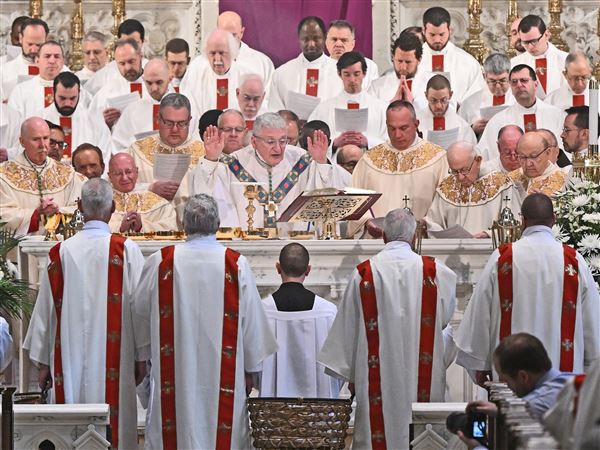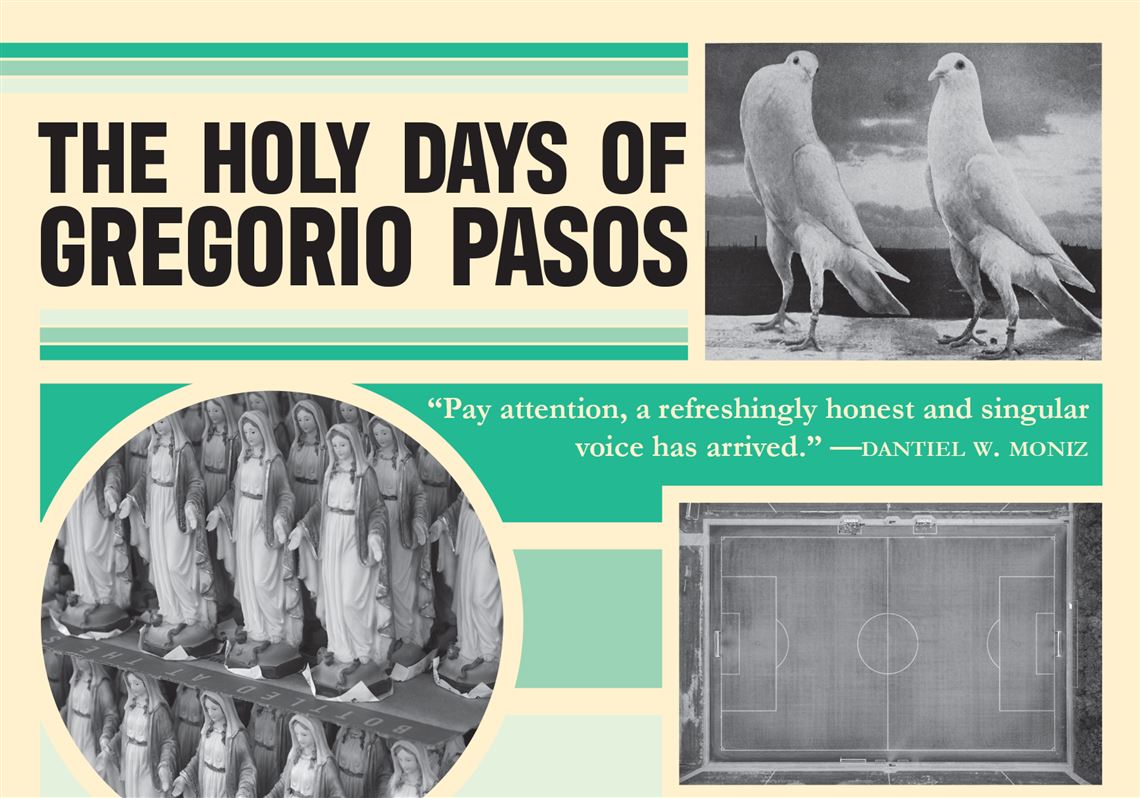At the center of any great book is a character who connects with the reader — one who pulls us into their dilemmas and asks us to confront their struggle alongside them, to meet the people they do, and to immerse ourselves in their world. “The Holy Days of Gregorio Pasos,” the debut novel by Colombian-American writer Rodrigo Restrepo Montoya, is one such book: a wonderful story that should not be overlooked by contemporary readers.
Gregorio Pasos is a 19-year-old who recently moved to Tucson, Ariz., recounting his recent journey to the American Southwest from his hometown of Danbury, Conn. Gregorio is a charming character, a sympathetic, curious and counter-cultural idealist whose emotions are being challenged by both his quixotic nature and naiveté.
Readers learn that Gregorio is close to both of his parents, and sister, but is especially close to his uncle Nico. Nico is a vital person in Gregorio’s life, on hand to share family history — and rum. The child of immigrants from Colombia, Gregorio learns more about his family’s struggles in their home country, the conflicts and the disappointments of Colombian life, through Nico, who declares to Gregorio that, “[to] be Colombian is an act of faith.” The two eventually share a trip to Colombia, a high-school-graduation gift from Nico, that Gregorio may better understand the past that steeled his family for their experiences in America.
Gregorio’s life is altered by the conflicts that arise from love and death. His parents split; Nico suffers through an illness; and his sister fights addiction. Gregorio needs to find not only relief from all this, but also a purpose. So he decides to leave his hometown and move to Washington, D.C., where he bounces between jobs, and finds love in the form of an older, Basque exile with a lifetime of secrets waiting to be revealed.
It is during this stay in D.C. that Gregorio Pasos confronts and critically considers his own homeland, the United States. Set amidst the looming election of Donald Trump, Gregorio realizes that his American life is overshadowed by his parents’ “otherness.” He stutters through various jobs, and eventually realizes that he is dissatisfied with the status quo, that the legacy of colonialism laid the savagery of the modern world bare, and that capitalism has led to more disappointment than success.
It is this sort of quixotic idealism that allows him to confidently let everyone around him know exactly how he feels, including the priest of the church, who oversees an after-school program where Gregorio found employment. After being excused from the job, in part because of this awakening, he leaves a sturdy message on the priest’s door: “You are the war you sleep through.”
Rodrigo Restrepo Montoya’s work is wonderful. This story is told with a playful, vivid and bouncy wit, writing Gregorio Pasos with the mercurial wisdom of an insider. I had to double check that I was not reading a memoir because of how credible Gregorio is.
To love a character is in part to believe that they are real, that their lives and their suffering are authentic. This is exactly what Rodrigo Restrepo Montoya does with “The Holy Days of Gregorio Pasos.”
Edward Banchs is a freelance writer, author and independent scholar based in Pittsburgh. His latest book is “Scream for Me, Africa!: Heavy Metal Identities in Post-Colonial Africa.”
First Published: September 23, 2023, 9:30 a.m.













